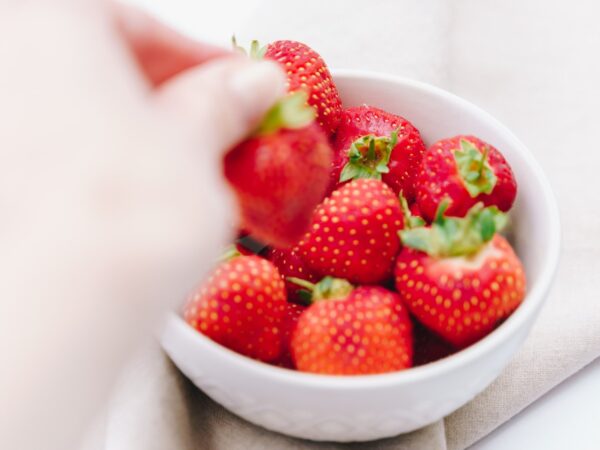Rawfooding is a dietary system that involves the total rejection of thermally processed foods. The only exceptions are foods heated at a low temperature – up to 40 degrees and only in an oven or a dehydrator with a temperature gauge.
Today we’re going to tell you if raw food is really healthy. Spoiler alert: it is, but not for everyone and not for the long term.
Types of Raw Foods
Raw food is a diet that consists of raw or heated foods at a low temperature. They don’t have to be plant-based – some raw-eaters even eat eggs, fish and meat.
- An omnivorous raw food diet is a diet that can include any foods. For example, raw eaters following this type of diet can eat prosciutto, an Italian ham made from ham rubbed with salt.
- Vegetarian raw food is a diet that can include any plant and dairy products. Fish and meat are forbidden.
- Vegan raw eating – a diet that can include any plant foods.
- Frugarianism – a diet that can include any fruits, berries, and some vegetables. Banned are carrots, cabbage, and other vegetables that are not fruits.
- Carnivorous raw eating – a diet that can include any animal ingredients. Fruits and vegetables are not forbidden, but are kept to a minimum.
The most common raw food diet is vegan raw food based on plant products. And that’s what we’re going to take apart today.
Let’s move on to the finer points. Do raw foods include dried fruit, dried vegetables, and spices? Yes! But only those that have been dried naturally or in a dehydrator with a temperature gauge to ensure that the temperature in the device has not risen above 40 degrees.
Can I drink raw, plant-based milk? Yes! Vegetable milk from nuts and seeds does not require pasteurization, so you can make it at home without heating at all.
But if you buy herbal milk in the store, read the label carefully – if it’s not marked “raw,” this milk should not be drunk by raw eaters.
When going raw, the diet may also include sauerkraut, pickles and other sour and pickled foods.
Raw Foods: Benefits and Harms
Many people don’t eat enough plant-based foods, and a short-term switch to a balanced raw diet can actually benefit them.
Rawfooders report a burst of energy, clarity of thought, better sleep and easier awakening.
Another of the pleasant changes in the body is weight loss. This is due to the fact that plant foods more often contain fewer calories than animal products. The exception is nuts and oils – they are really very caloric, but you won’t eat a lot of them.
The important thing is that when you switch to raw food, your diet must be balanced – contain the right amount of proteins, fats and carbohydrates, fill with vitamins, minerals and other valuable compounds, and provide the right caloric content.
But it’s difficult to put together such a menu.
Most often rawhide suffer from a lack of carbohydrates and B vitamins, which are contained in grain products. They are not prohibited, but to eat cereals without heat treatment can not everyone.
By the way, some kinds of cereals are not included in the products for raw food. For example, brown buckwheat, which is fried at high temperatures. An alternative for raw eaters is green unprocessed buckwheat.
Raw legumes, which are a valuable source of protein and, in particular, essential amino acids, are not suitable for everyone either. Without them it’s impossible to get the necessary amount of protein, and the consequences of the lack of protein in the diet are many – from brittle hair and nails to weakening of the immune system and menstrual disorders.
But that’s not all. Including raw legumes and grains in the diet, you still risk harming the body.
The fact that closer to evening, the pancreas slows down the production of enzymes necessary for digestion of raw plant foods. Because of the lack of enzymes, they can ferment at night in the intestines, and in the morning will reward you with a headache, fatigue, abdominal discomfort and other unpleasant symptoms.
In the long run, it can lead to gastrointestinal diseases.
Contraindications to raw eating
Raw food diet has many contraindications: direct – pancreatitis, pancreatic diseases, ulcers, colitis, and indirect – pregnancy, lactation, conditions that require a special diet and so on.
For people with contraindications this diet can be harmful, so be sure to consult a doctor if you want to know what raw food diet is and whether it is suitable for you.
